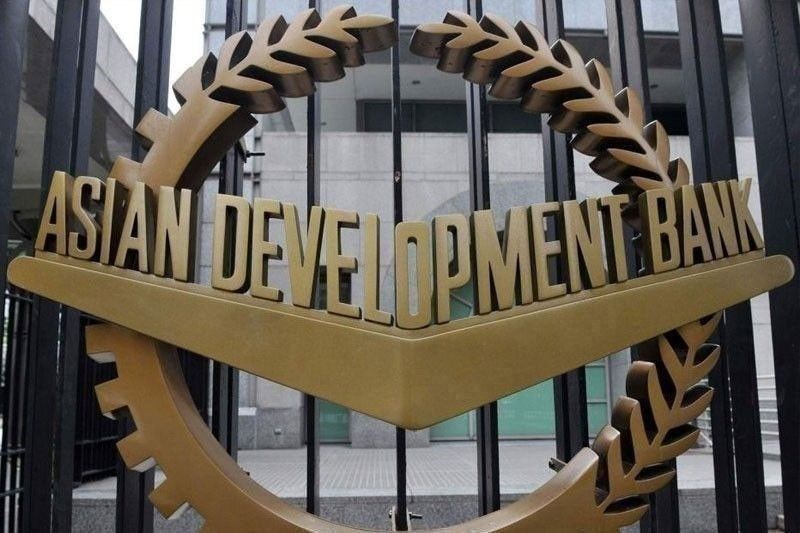ADB cautions new admin on additional taxes

MANILA, Philippines — Asian governments, including the Philippines, need to be cautious in slapping additional taxes as the mobilization of tax revenues can be done in the medium term, especially as economies are just starting to recover from the pandemic, the Asian Development Bank (ADB) said.
In a webinar yesterday, the ADB said the mobilization of tax revenue holds the key to financing higher government spending that is needed to support sustainable development.
But the Manila-based multilateral lender also warned of the timing of implementing additional taxes that would likely be a burden to consumers.
ADB Economic Research and Regional Cooperation Department adviser Donghyun Park said that tax reforms are more acceptable when stakeholders understand their urgency.
“I think we have to be careful about predicting Asia’s medium and long-term growth prospects from the last couple of years, which have been very, very unusual,” Park said.
“I think Asian governments do need to be very careful in mobilizing more taxes, to put it bluntly, raising taxes in this kind of uncertain and fragile growth environment,” he said.
Based on the government’s fiscal consolidation plan, Filipinos would have to prepare for additional taxes and reduced exemptions in order to pay off record-high debts.
While such a plan will be for the incoming administration’s approval, the Department of Finance (DOF) said a three-tranche reform program is needed to bring in revenues and trim debt.
“It has to be balanced so I do think it has to be a medium-term strategy and priorities for most governments in the region,” Park said.
Nonetheless, Park argued that greater tax revenue mobilization is a balanced effort.
He said governments need to raise money from their mainstay such as the value-added tax. VAT rates in developing Asia remains generally lower as compared to other regions.
The DOF has proposed that president-elect Ferdinand Marcos Jr. can repeal exemptions on VAT, retaining the coverage to a few purchases only, including agricultural, food and medical products.
“VAT is developing Asia’s core tax revenue, but it can be better utilized. The region can potentially strengthen VAT through tax base broadening, including better coverage of digital commerce activities,” Park said.
Further, Park emphasized that Asian economies can also venture into new areas such as taxes on properties, digital economy, environment and health, among others.
“Beyond the core taxes, environmental taxes also have potential for the region. Some Asian economies have used environmental taxes, including fossil fuel taxes, but collected relatively little revenue from them,” Park said.
“As in other regions, the use of alcohol, tobacco and sugar-sweetened beverages are linked with the rising incidence of non-communicable diseases. The region is also hit hard by health costs related to these products. Taxing such unhealthy products is a cost-effective way to discourage unhealthy consumption,” he said.
- Latest
- Trending




























